A SUSTAIN story of resilience in economies, people and nature
The air was heavy with the heat of a Mozambican afternoon, the kind that makes the horizon shimmer. In the centre of a small village in Barué District, we gathered under the wide shade of a mango tree — the natural meeting place. Representatives from IUCN sat side by side with partners from ADEM, SDAE local extension officers, and farmers from the Samora Machel cooperative. The hum of conversation rose and fell like the wind — talk of soil health and of rainfall that no longer came when expected.
Among those seated was Sofia Nhamunda, a farmer from the cooperative. The rains, she said, arrive later each year, and when they do, they are brief and unpredictable. “We are learning to live with less water,” she reflected quietly, “but sometimes I wonder how long we can adapt.” Around her, others nodded — the same uncertainty echoed in the faces around the circle.
As we listened beneath the mango tree, it became clear that resilience is not an abstract term. It lives in the stories of farmers like Sofia, in the ingenuity of communities testing organic pesticides made from papaya leaves and tobacco, and in the collective will to protect springs and restore the land.
What makes a community and a landscape resilient? Is it simply the ability to recover after drought or loss, or something deeper — the capacity to anticipate, respond, and reimagine? Perhaps resilience lies in the quiet determination of people who bend but do not break, who recover but also transform.
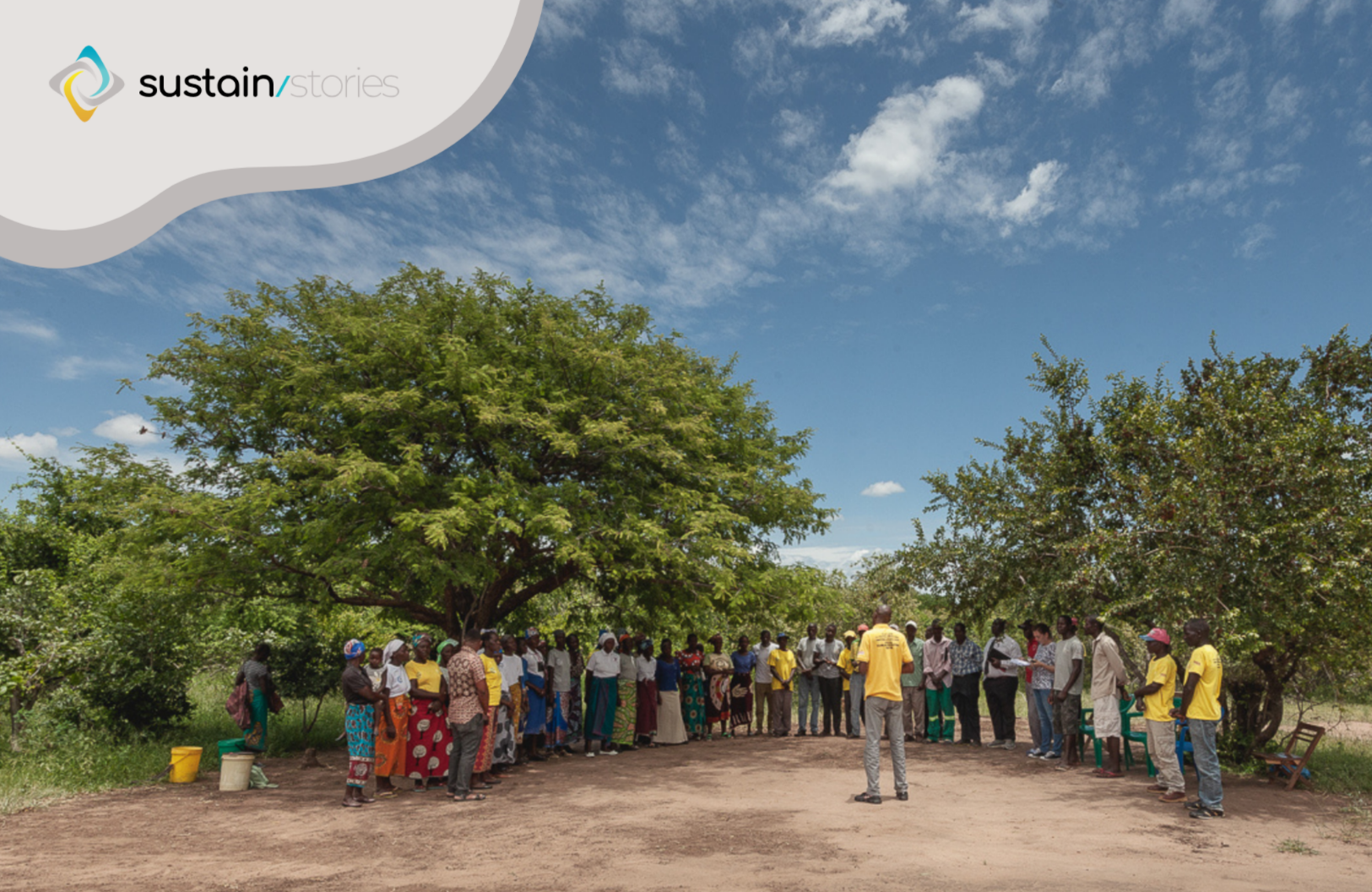
SUSTAIN in action
Yet today, resilience in many parts of the world is quietly eroding. Decades of overexploitation of forests, soils, fish stocks, and water resources — coupled with unsustainable farming practices have weakened ecosystems that once sustained communities. These cycles are further compounded by weak governance, limited transparency, and deep social inequalities. Across Mozambique and Tanzania, where agriculture contributes roughly 30% of national GDP and employs between 65% and 75% of the workforce, the stakes are particularly high.
It was in response to these intertwined challenges that the SUSTAIN Initiative — Sustainability and Inclusion Strategy for Growth Corridors in Africa — was born. Led by the International Union for Conservation of Nature (IUCN) and implemented on the ground in collaboration with ADEM, AWF and SNV, SUSTAIN works to transform the way landscapes are managed and governed. Rather than addressing isolated problems, it looks at the entire landscape — the rivers that cut through it, the farms that depend on them, and the communities whose lives are tied to both.
SUSTAIN works across five key landscapes in Mozambique and Tanzania (see map). Each landscape tells its own story, but together they form a living mosaic of how nature and people can thrive when managed as one system.
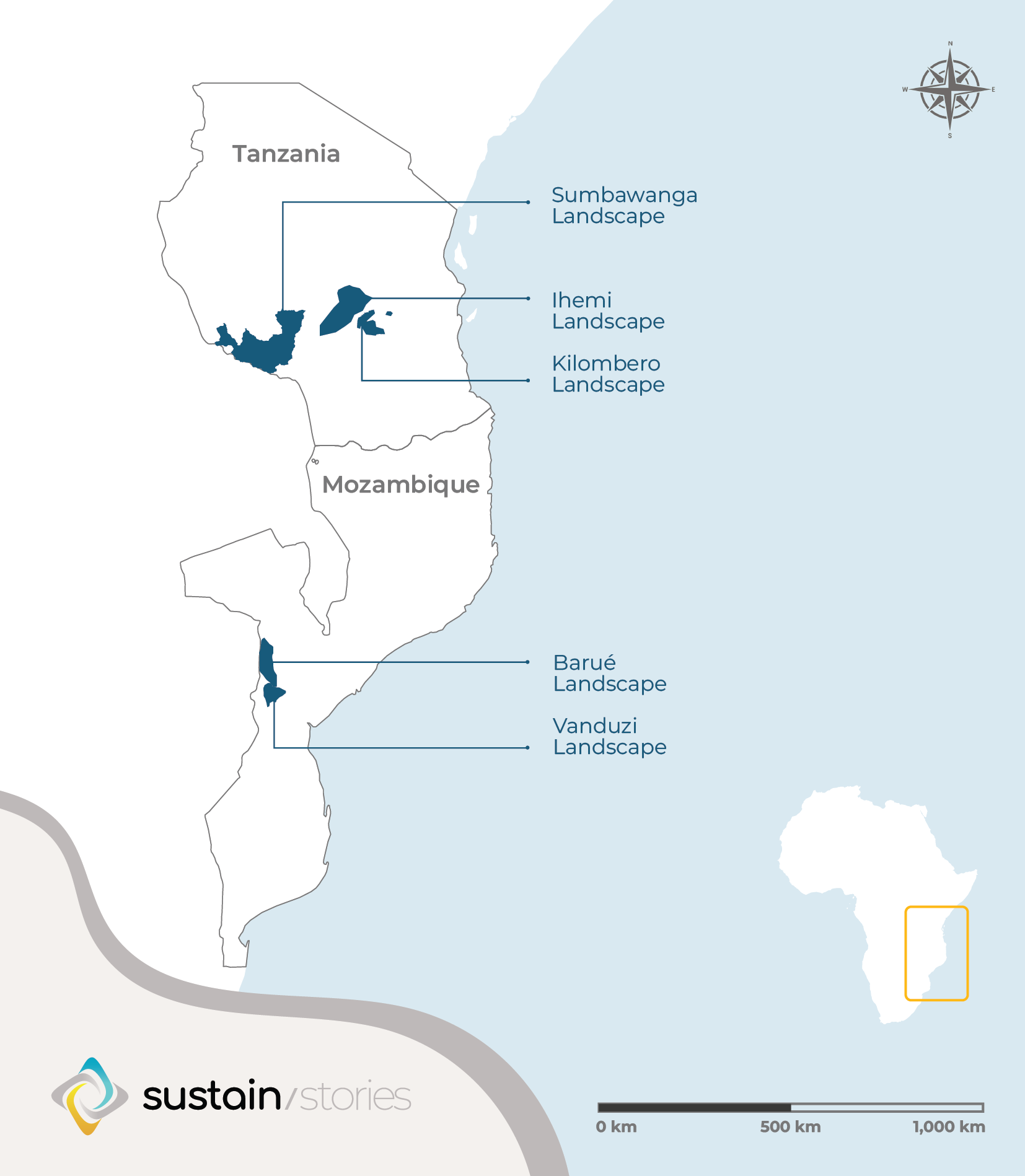
To turn this vision into practice, SUSTAIN’s efforts are guided by three pathways of change:
- Enabling inclusive governance and equity;
- Scaling up sustainable agriculture and innovative nature-based solutions;
- Catalysing investment.
Each pathway addresses distinct challenges, yet their impacts are deeply interconnected. Together, they are shaping resilient futures — where communities are empowered, ecosystems restored, and growth and sustainability walk hand in hand.
SUSTAIN supports inclusion
“If you empower a woman, you empower the entire community,” said Daniel Busongwa, a SUSTAIN project officer working in Kalambo District, Tanzania.
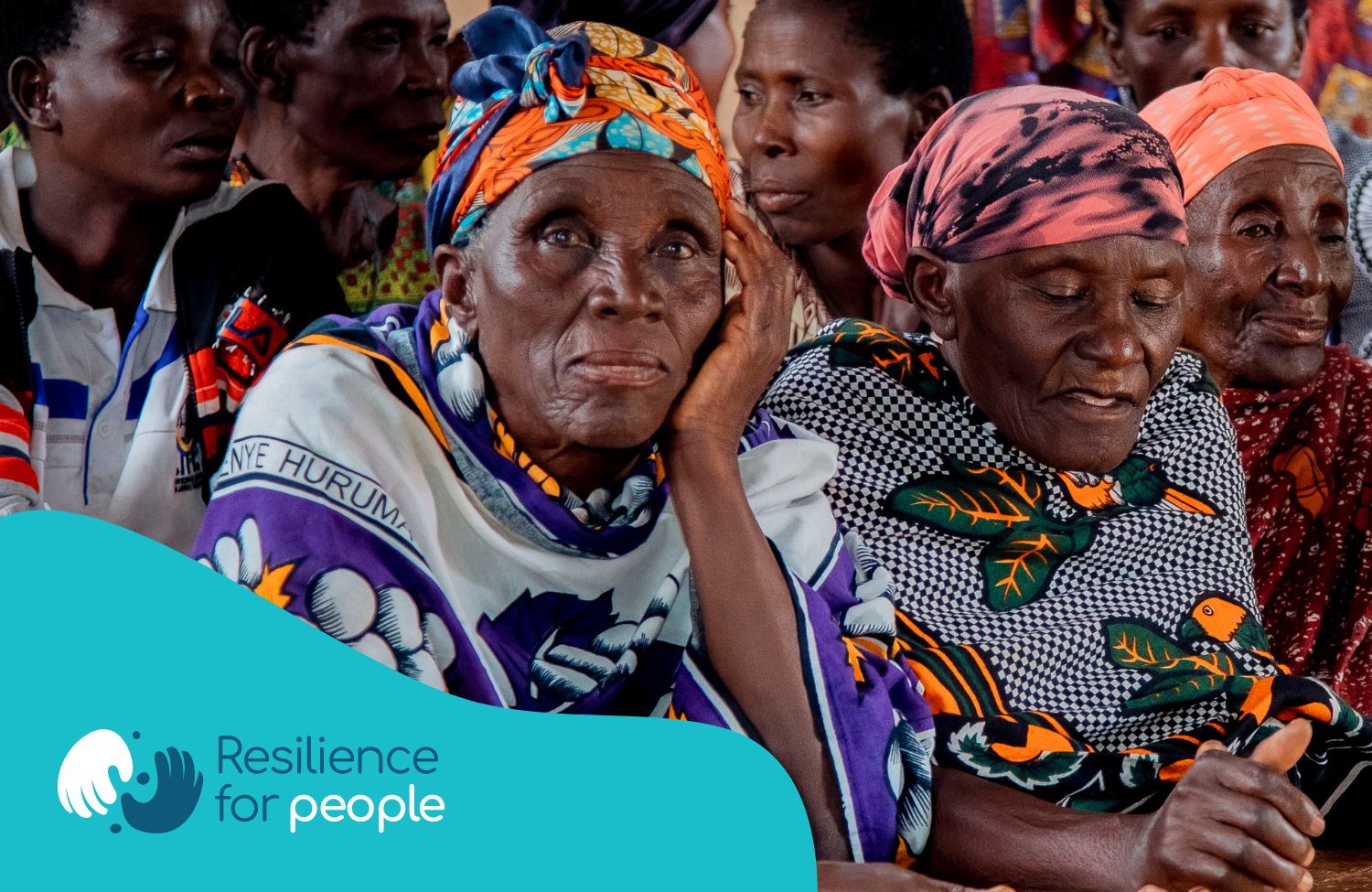
For generations, deep-rooted social norms have prevented women and youth from owning land and excluded them from leadership positions. In Tanzania, women make up nearly 90% of the agricultural workforce, producing 70% of the country’s food, yet only one in four holds secure land rights. Without this foundation, many are unable to invest in their futures or to influence how their communities grow.
Across Tanzania and Mozambique, the programme has enabled land tenure security for women and youth to gain legal recognition of their land. These shifts are not only legal milestones — they are cultural ones. In Kalambo District, SUSTAIN has empowered hundreds of women and youth to claim land titles, unlocking farmer autonomy, security, and opportunity.
SUSTAIN’s approach to inclusivity extends beyond land ownership to leadership itself. In Kilombero, election campaigns led under the programme encouraged women and youth to run for leadership positions within their Agricultural Marketing Cooperative Societies (AMCOS).
“As a sugarcane farmer and newly elected secretary of Mkula AMCOS, I finally have a seat at the table,” shared Christina Mabila. “Forming women and youth councils gave us a voice, and now we’re shaping our future, not just following it.”
From Kalambo to Kilombero, these stories reveal what empowerment truly means in practice — not just access to land or titles, but recognition, representation, and respect.
SUSTAIN supports sustainable solutions
For many smallholder farmers in Tanzania and Mozambique, every season brings uncertainty. As climate change accelerates and natural resources degrade, no harvest is ever guaranteed.
“As extension officers, we now see that ensuring productivity means more than increasing yields; it means adopting climate-smart practices and reducing chemical use to keep our land healthy for the future,” said Salva Lizandra, District Extension Coordinator.
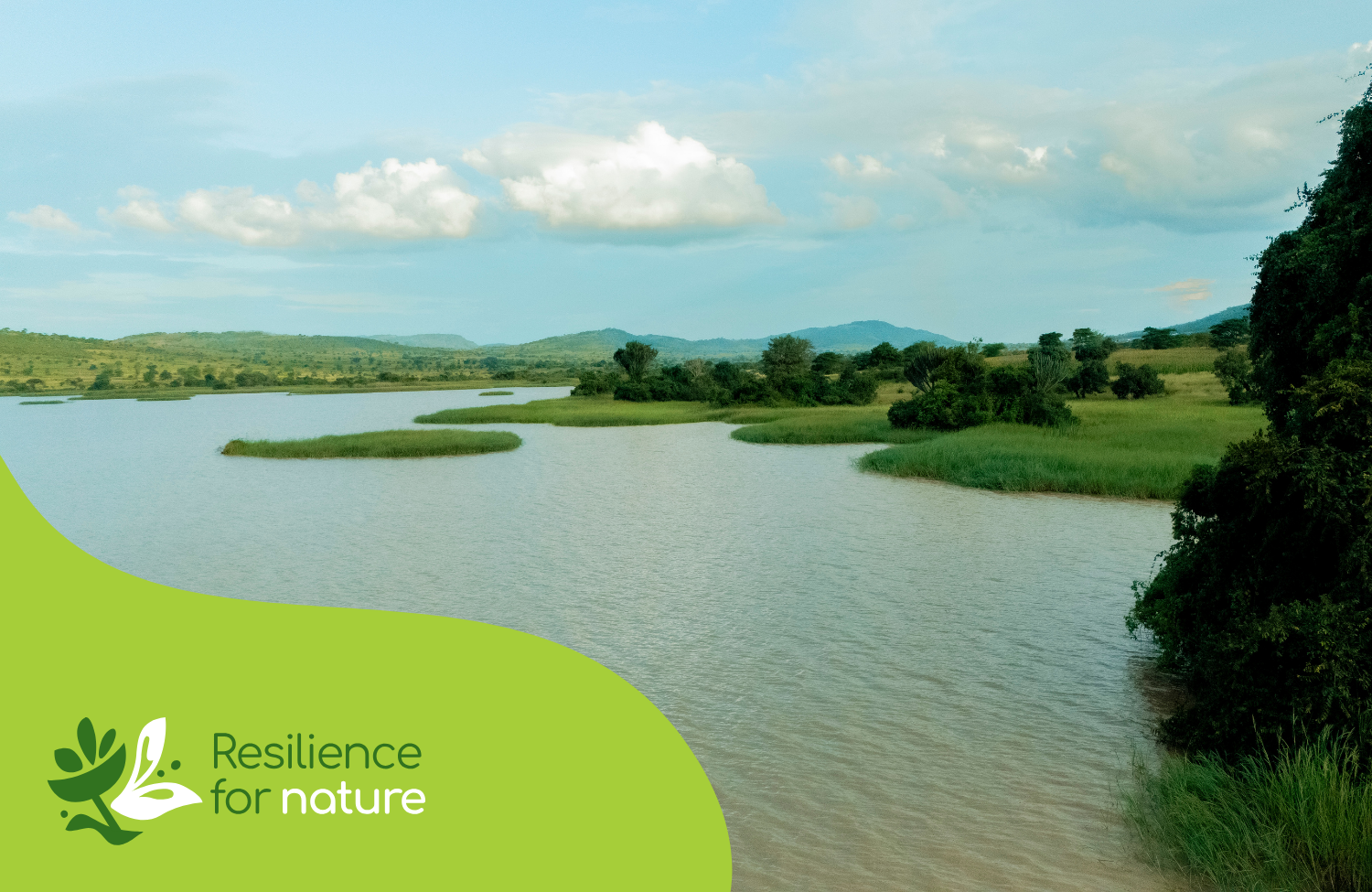
The new realities of farming have compelled smallholders and governments to rethink the way they cultivate — shifting from short-term yields to practices that build long-term soil health and ecosystem resilience. Across SUSTAIN’s landscapes, farmers are turning to organic fertilisers, agroforestry, intercropping, and crop diversification to restore their soils, while communities mobilise to protect riverbanks and lakeshores that nourish their fields. Together, these efforts are helping to safeguard not only food and water security, but the very foundations of life and livelihoods.
By working hand in hand with farmers, cooperatives, local authorities, and agribusinesses, SUSTAIN supports hands-on training, encourages peer-to-peer learning, and empowers community-led action. These efforts are not isolated interventions, but part of a growing movement across landscapes — where productivity and sustainability are no longer seen as competing goals, but as two sides of the same resilient future.
SUSTAIN supports market linkages
In Tanzania and Mozambique, groups of farmers began producing their own organic compost and adopting climate-smart practices in their fields. The results were visible: stronger yields, healthier soils, and reduced dependence on chemical inputs. Yet when the harvest was brought to the cooperative, their crops were often mixed with others — their extra effort unrecognised and their added value unrewarded.
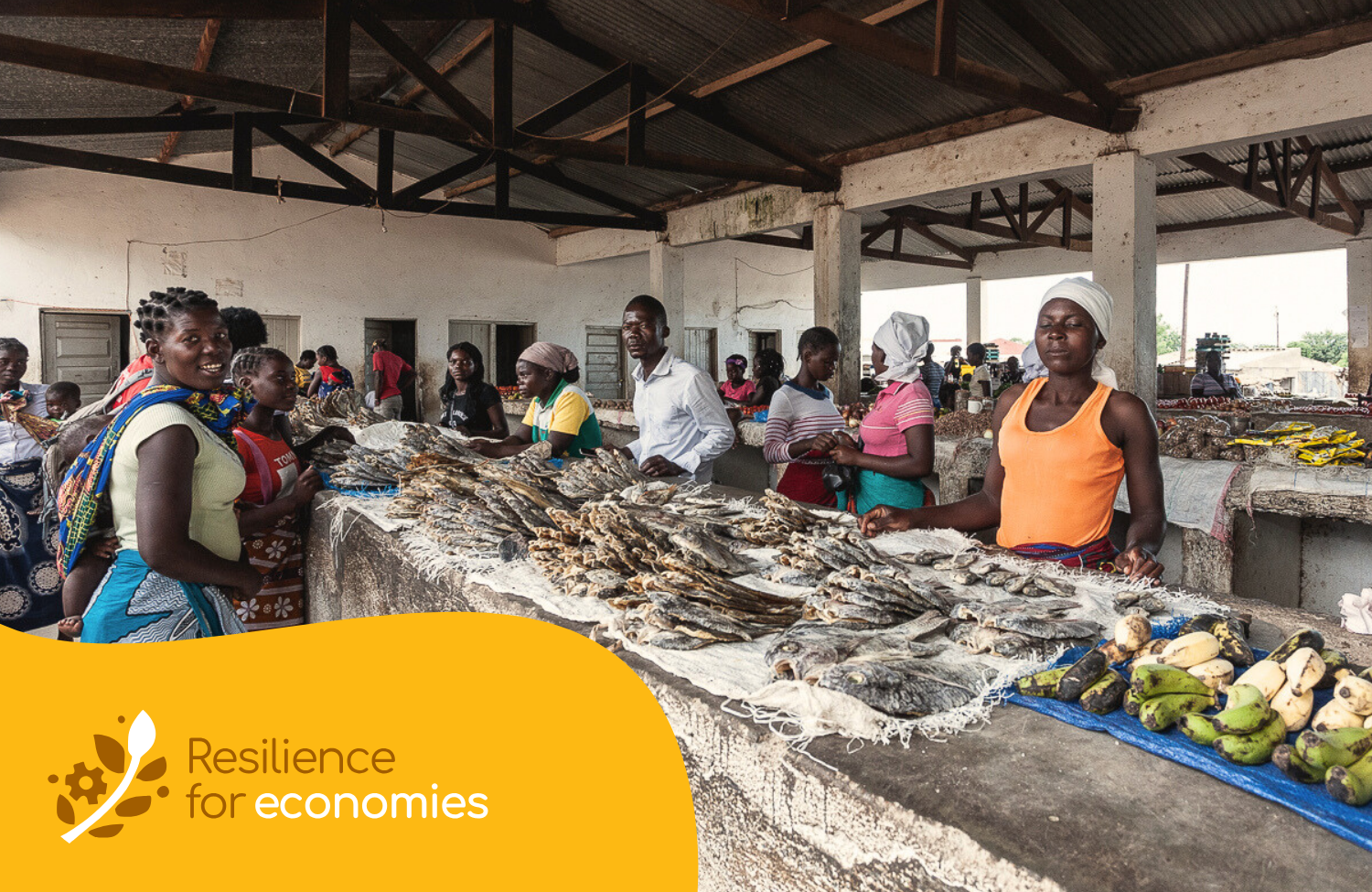
Similar stories play out across the region, where innovation in the field often outpaces the systems meant to support it. Sustainable practices can only reach their full potential when matched by markets, policies, and financial institutions that value and reward them. This is where SUSTAIN plays a catalytic role; helping to connect the dots between smallholders, cooperatives, local government, and the private sector.
By strengthening value chains within growth corridors, SUSTAIN works through multi-level partnerships to create enabling conditions for sustainable production and trade; guiding private investors toward climate-resilient commodities, while partnerships with financial institutions are unlocking tailored credit lines for farmer groups and cooperatives.
Under the same mango tree where these conversations began, resilience now takes on new meaning: it is found not only in the strength of farmers, but in the systems that support them, in the partnerships, institutions, and markets that make sustainable growth possible.
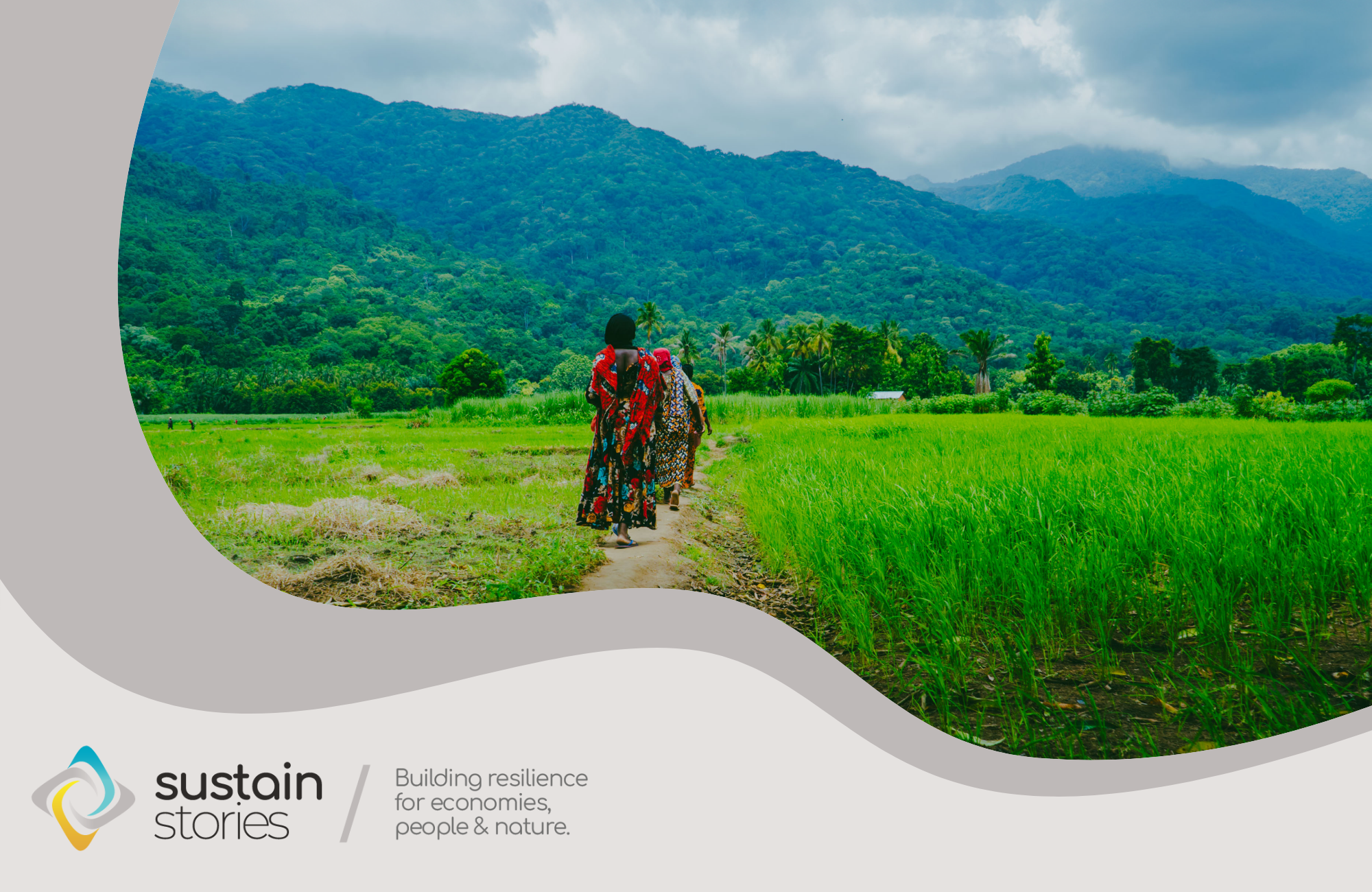
This article is the first publication in the SUSTAIN Stories campaign, which is celebrating the ongoing successes of SUSTAIN across its three pathways and the individuals and communities that make it possible.
The SUSTAIN initiative is made possible through the generous support of Norwegian Agency for Development Cooperation (NORAD) and The Swedish International Development Cooperation Agency (Sida).